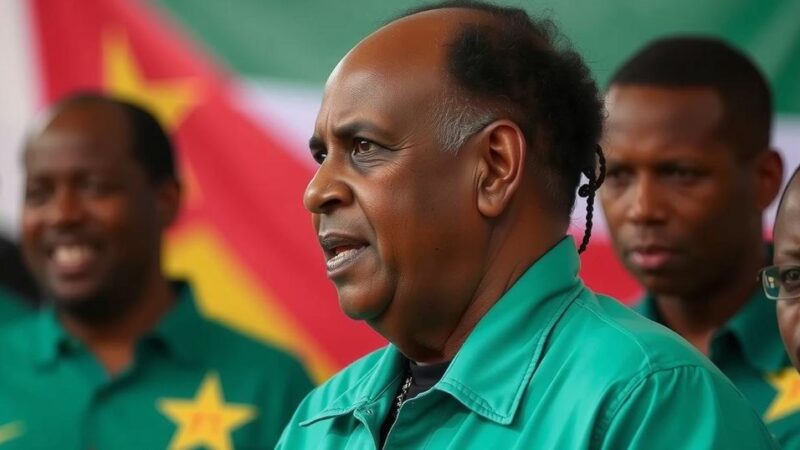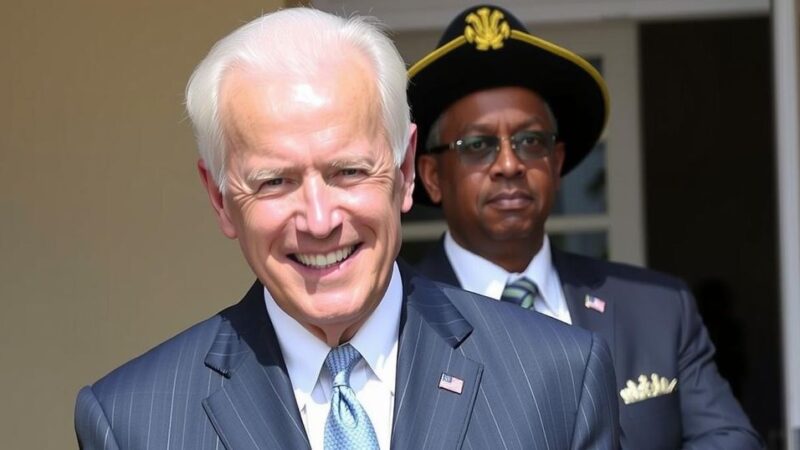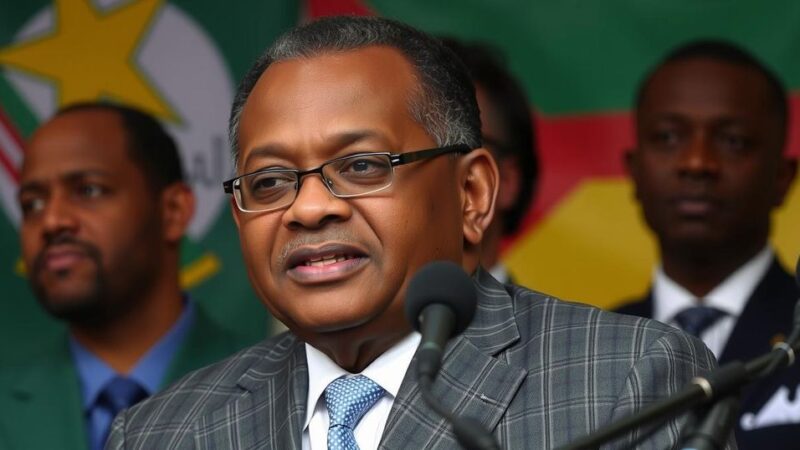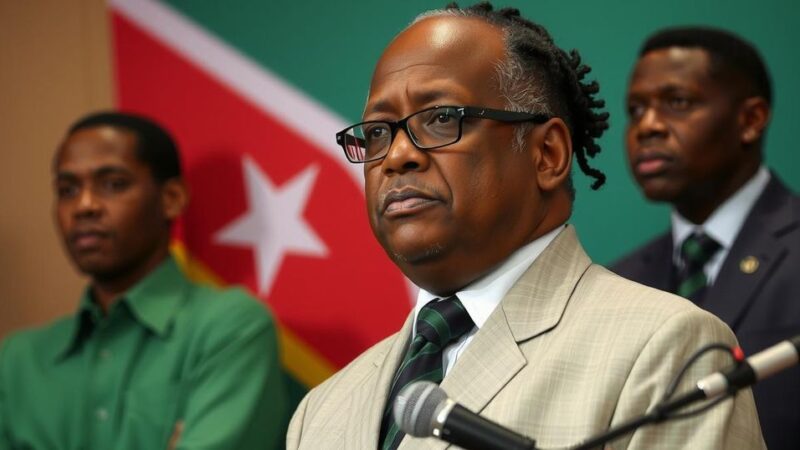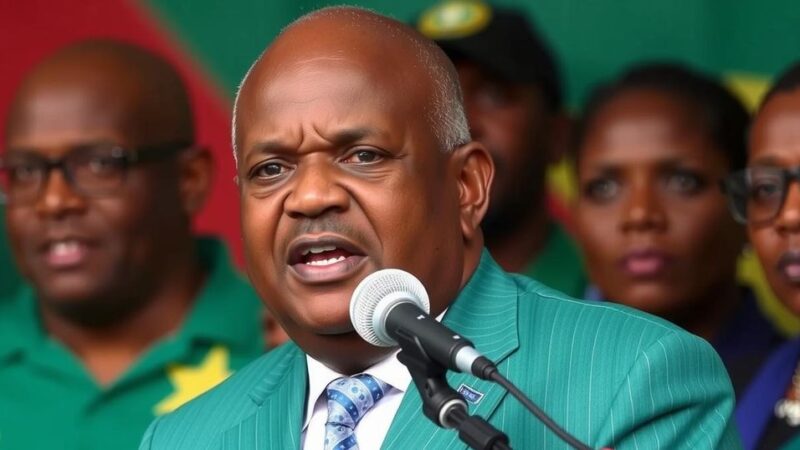In Brazil, a historic number of transgender candidates, nearly 1,000, are contesting elections amidst widespread violence and intimidation. Despite facing grave threats, including attempted murder, these individuals are seeking to reshape political representation. The increase in candidacies highlights the dire need for trans visibility in politics, but alarming murder rates and transphobic rhetoric pose significant challenges.
In Brazil, a significant number of transgender individuals are running for political office in an unprecedented electoral cycle. Among them is Benny Briolly, a city councilwoman campaigning amidst challenges in her community, with supporters rallying behind her. Nearly 1,000 transgender candidates are participating in elections across all 26 states in Brazil, marking a threefold increase from the previous local elections. Despite their rising visibility, many candidates face intimidation, with instances of violence, including an assassination attempt on a candidate in São Paulo. Tragically, Brazil recorded the highest number of murders of transgender individuals in the world last year, with 100 confirmed murders. This extreme violence is attributed to rampant transphobia, underscored by inflammatory rhetoric from notable political figures like federal lawmaker Nikolas Ferreira and state lawmaker Rodrigo Amorim, both of whom have targeted transgender individuals in derogatory terms. Ferreira’s mocking of transgender identities and Amorim’s disparagement of Briolly as “an aberration of nature” exemplify a broader societal challenge regarding the acceptance of transgender individuals. Leonora Áquilla, also a candidate in São Paulo, has bravely confronted threats of violence, suggesting that the previous presidency of Jair Bolsonaro has exacerbated such transphobia. Despite winning the election, Briolly has faced over 700 death threats, prompting international human rights organizations to call for protective measures on her behalf. Many politicians acknowledge that once they engage in politics, they become targets, with the potential for violence looming. Candidates like Duda Salabert, the first transgender woman elected to Brazil’s lower house of Congress, also highlight the severe challenges faced in their campaigns, indicating daily threats and requiring protective measures during public appearances. Salabert aspires to be the first trans mayor of a major Latin American city, a role expected to symbolize progress against entrenched societal violence and exclusion towards the transgender community. Activist Indianarae Siqueira notes that an increasing visibility of transgender individuals in political roles provides inspiration for others within the community to seek political participation. Briolly reflects on the profound sense of pride that comes from her political involvement, asserting that the visibility of a Black transgender woman can effect change across society.
The current political climate in Brazil presents unique challenges and opportunities for transgender individuals seeking office. Historically marginalized, the increase in transgender candidates reflects a surge in activism and demand for representation within Brazilian society. The electoral court’s tracking of transgender candidacies is indicative of their growing involvement in political processes. However, this visibility comes at a steep cost, as the increase in candidacies has resulted in heightened risks of violence and discrimination against trans individuals, who continue to endure systemic and societal transphobia. Political figures’ derogatory comments underscore the prejudices that still pervade the political landscape, despite some legislative progress in recent years.
The ongoing elections in Brazil illuminate both the courageous strides made by transgender individuals in seeking political representation and the considerable dangers they face. As candidates like Benny Briolly, Leonora Áquilla, and others march forward in their campaigns, they embody the hope for greater acceptance and inclusion of the transgender community. However, the multitude of threats and instances of violence demonstrate the harsh realities that accompany their fight for equality in a society marred by transphobia. Their resilience speaks volumes about the transformative potential of diversity within governance, yet it simultaneously highlights the urgent need for societal change to ensure the safety and rights of all individuals, regardless of gender identity.
Original Source: baytobaynews.com


